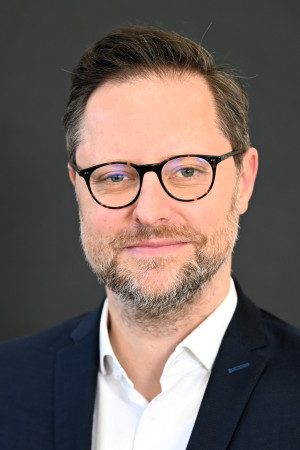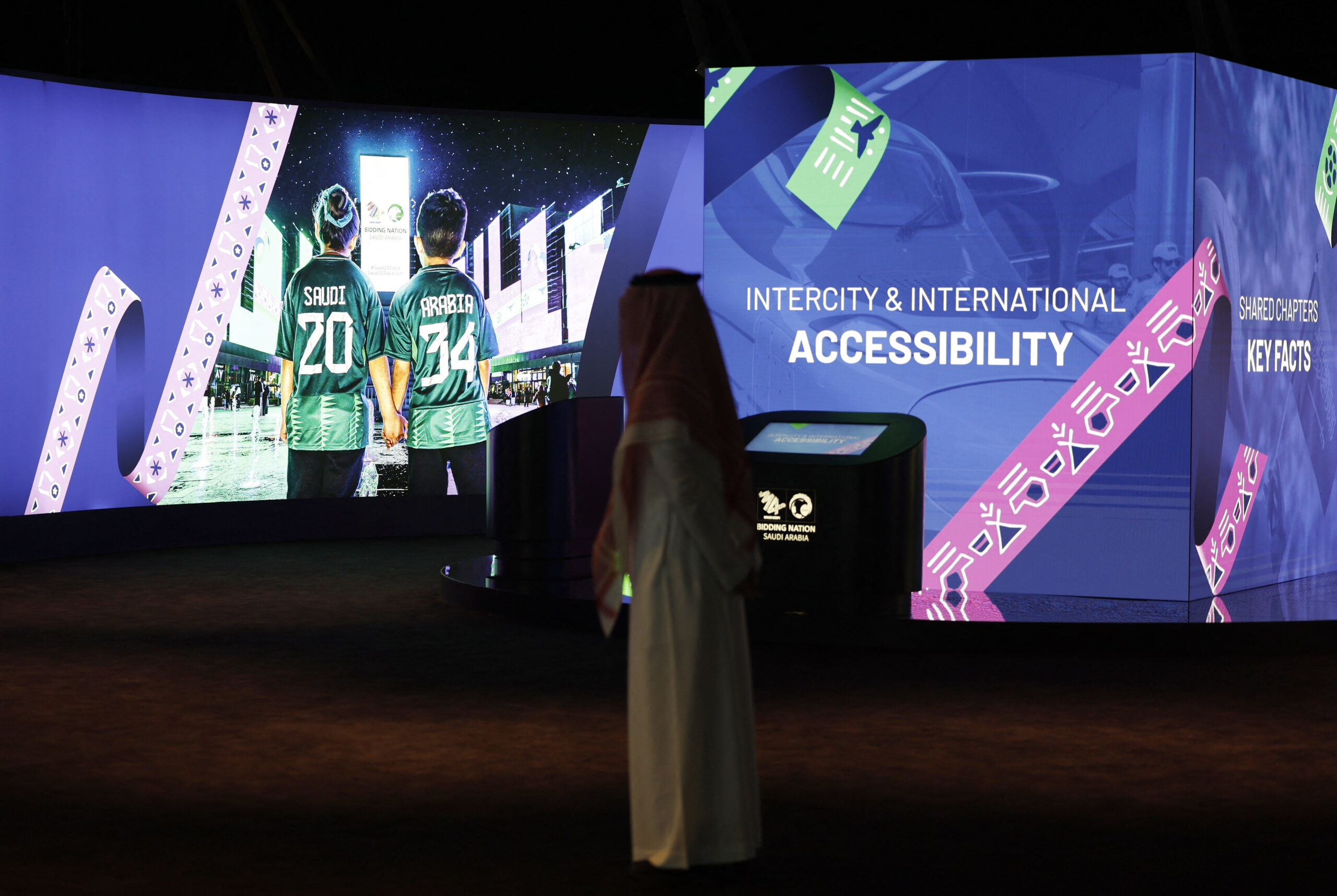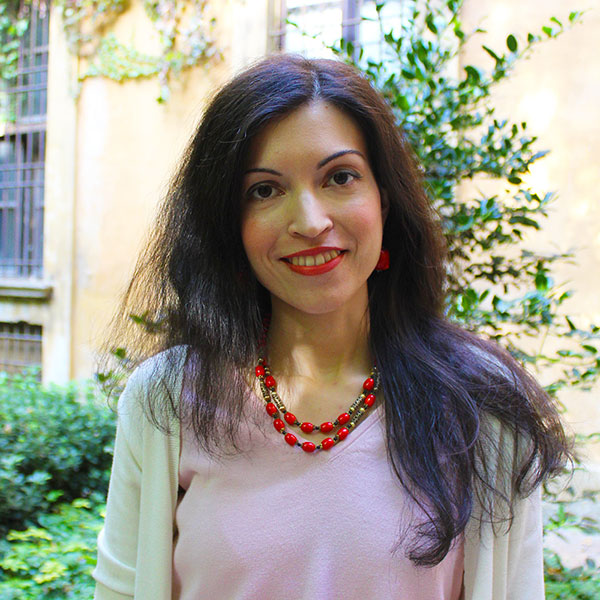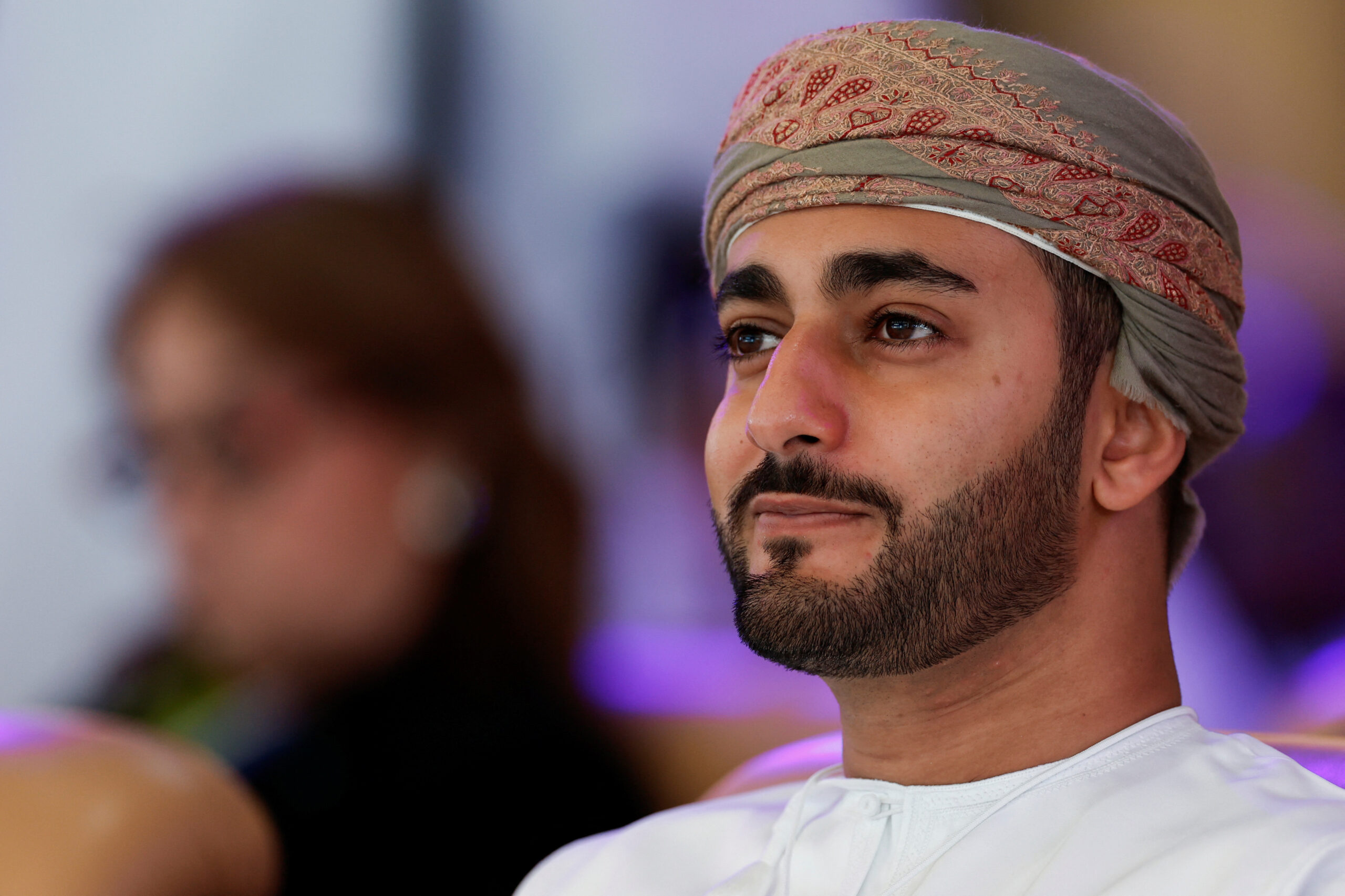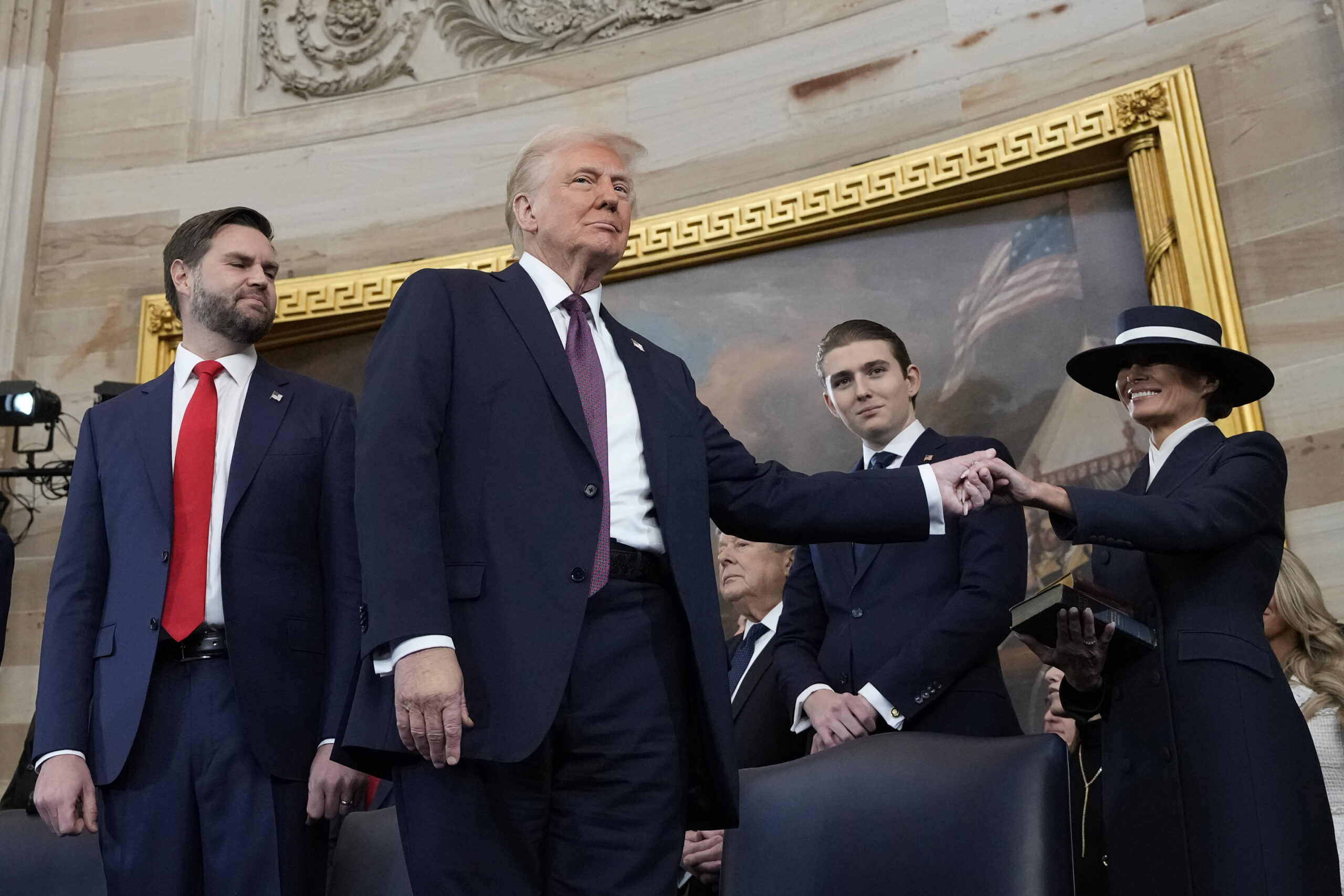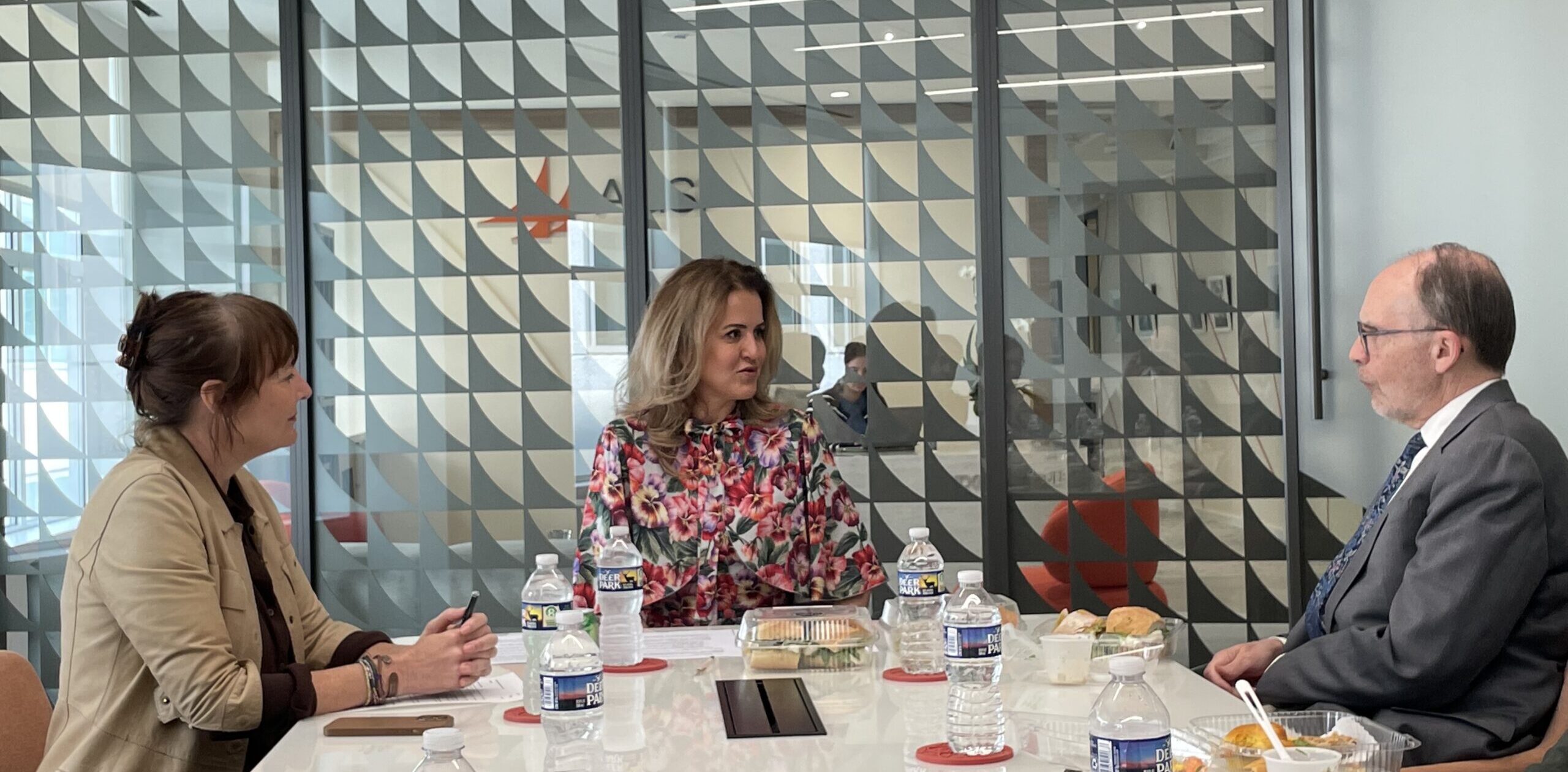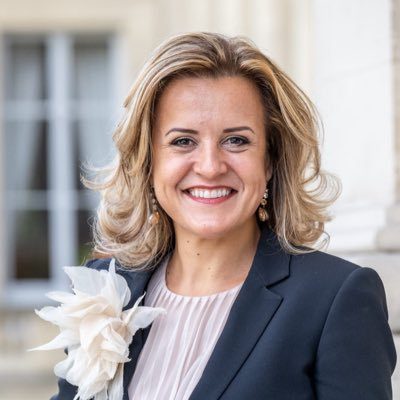Jan 24, 2017
International Institutions and Human Rights Take Back Seat in Tillerson and Mattis Senate Confirmation Hearings
On January 20, Donald J. Trump was sworn in as president of the United States. AGSIW senior resident scholars examine statements made by some of the president’s key Cabinet nominees during their confirmation hearings – and by the president himself – for clues to the new administration’s likely policies on the issues of most pressing...
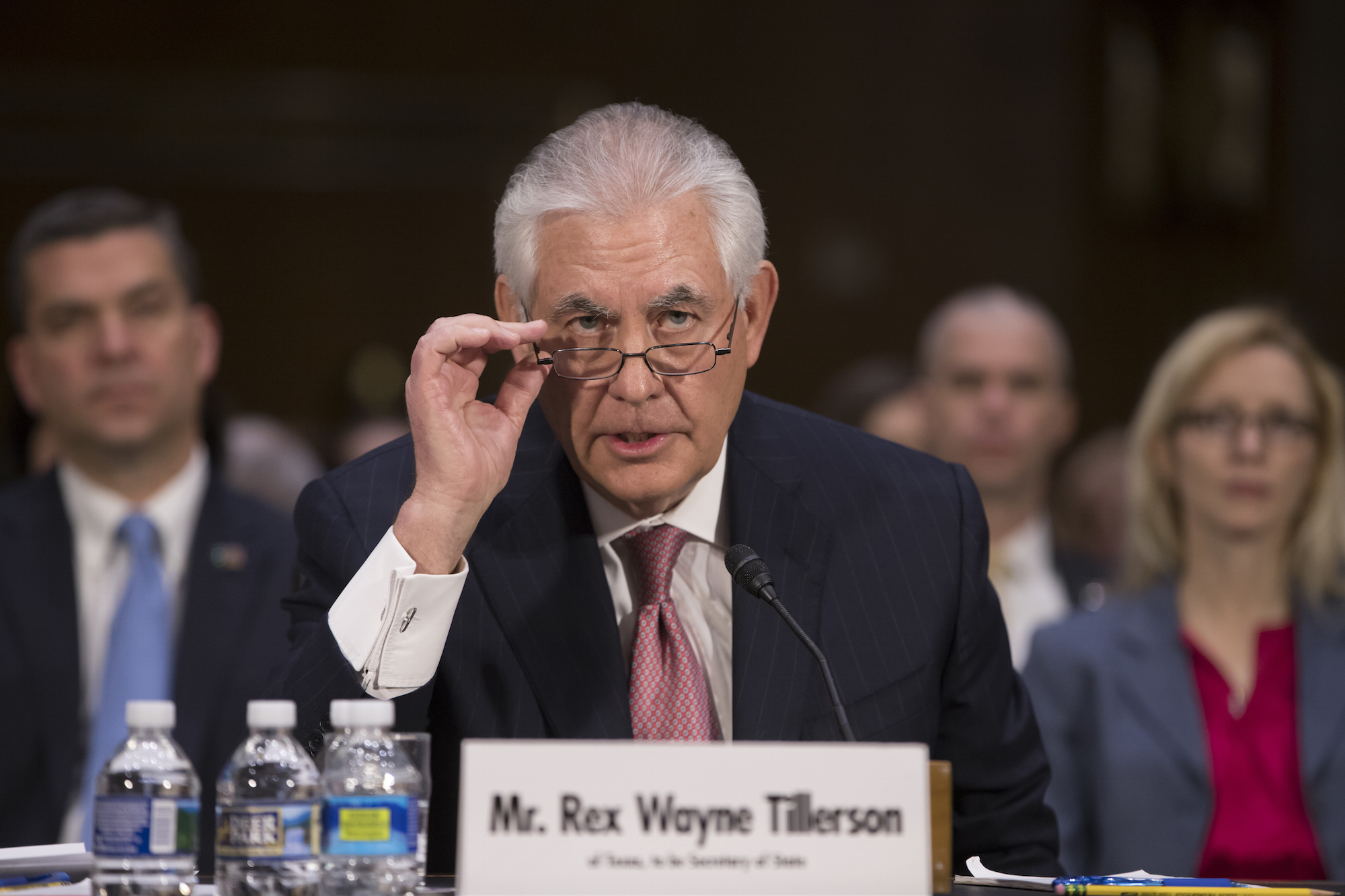
On January 20, Donald J. Trump was sworn in as president of the United States. AGSIW senior resident scholars examine statements made by some of the president’s key Cabinet nominees during their confirmation hearings – and by the president himself – for clues to the new administration’s likely policies on the issues of most pressing interest to the Gulf Arab states.
Political observers have been monitoring the Senate confirmation hearings of President Donald J. Trump’s appointees to see if they reinforce or ameliorate his bolder and more controversial foreign policy positions, and whether they provide greater clarity on the many contradictions of Trump’s pronouncements on global affairs.
The hearings of the country’s top diplomat and defense official, Rex Tillerson and retired Gen. James Mattis, respectively, did reveal their willingness to separate from Trump on some controversial relationships, most notably in expressing greater skepticism toward Russian motives and recognition of the Cold War rival as a strategic adversary. Yet in essential ways, their testimonies reinforced one critical predisposition: a tendency to see global affairs in terms of discrete relations between states with particular emphasis on the quality of those bilateral relationships. This bodes for a return to a state-centric posture where stability of states and personal relationships with rulers take precedence over international institutions and defense of liberal norms such as human rights.
This more realist position is expected from Defense Department nominee Mattis, who had an easy time in his hearing before the Senate Armed Forces Committee. He was granted a waiver to allow him – as a recently retired flag officer – to serve as defense secretary, and was later overwhelmingly confirmed by the full Senate. His appointment will be well-received by Gulf Arab states where Mattis built deep and important ties with Gulf leaders and militaries through his time as head of the U.S. Central Command, CENTCOM. This stood in contrast to the often contentious hearing in the Senate Foreign Relations Committee where both liberal-minded Democrats and neo-conservative Republicans repeatedly probed Tillerson’s commitment to issues of governance and human rights. They did not find much reassurance.
The tone was set with the prepared statement of the former Exxon CEO, who cast a skeptical eye on formal alliances and international accords that failed to meet stated commitments to the United States. Drawing upon his long association with the Boy Scouts, he framed his remarks in line with its pledge to honest dealings “on my honor.” He asserted:
We cannot look the other way at allies who do not meet their obligations; this is an injustice not only to us, but to longstanding friends who honor their promises and bolster our own national security. And we must hold those who are not our friends accountable to the agreements they make. Our failure to do this over recent decades has diminished our standing and encouraged bad actors around the world to break their word.
While issuing a strong defense of U.S. strategic and moral leadership, Tillerson’s opening remarks made no mention of the role of international institutions. This omission contrasted sharply with the opening remarks of Democratic ranking member, Maryland Senator Ben Cardin, who offered a full-throated endorsement of the U.S.-led liberal international order:
I believe strongly in a world where America works with its allies and partners, a world that is governed by laws and institutions consistent with the liberal, international order. On one where we champion our values, both at home and abroad.
Cardin later announced his intention to vote against Tillerson due to his inability to speak out on issues of human rights and good governance.
Tillerson’s critique of both Republican and Democratic administrations’ pursuit of regime change in Iraq and Libya showed an emphasis on stability. Yet the importance he places on loyalty to standing leadership despite international and domestic rights transgressions became clearer through the questioning of Republican Senator Marco Rubio. His attempts to press Tillerson to label as such the war crimes of Russia in Syria, and human rights violations in Saudi Arabia, were defiantly rejected. Two heated exchanges dramatized Tillerson’s position. Rubio’s invitation to denounce Philippine President Rodrigo Duterte’s vigilante campaign against drug offenders, which has resulted in 6,200 extrajudicial deaths, was met with Tillerson’s cautious defense of the U.S.-Philippine long standing friendship: “We need to be sure they stay an ally.” He similarly declined to label Saudi Arabia as human rights abuser, instead expressing concern that U.S. intervention on behalf of issues of women’s empowerment and religious freedom may interrupt the forward progress the kingdom has made: “it is moving in the direction we want it to move. What I wouldn’t want to do is take some kind of action that suddenly causes the leadership in the Kingdom of Saudi Arabia to interrupt that.”
Both Mattis and Tillerson echoed Trump in stressing the need for setting priorities in international affairs, and provided strong support for his number one mission: defeating the Islamic State in Iraq and the Levant. Tillerson’s testimony suggested ways that fight may be accelerated and expanded, promising to quicken the timetable for military operations in Iraq, and to direct the State Department to support Muslims “who reject radical Islam in all its forms.” By explicitly including not only ISIL and al-Qaeda but also the Muslim Brotherhood and “certain elements within Iran” as “agents” of radical Islam, Tillerson signaled support for those Gulf allies such as the government of the United Arab Emirates and some parts of the leadership of Saudi Arabia who have taken a more ideological stand against Islamist political activists.
While stressing the importance of alliances where obligations are met, the testimony of both Tillerson and Mattis made clear that national interests, namely the defeat of ISIL, will take top priority. Cardin’s liberal institutionalism and Rubio’s neo-conservative appeal for a secretary of state who champions democracy and freedom did not find support in this nationalist turn toward “America First.”
The views represented herein are the author's or speaker's own and do not necessarily reflect the views of AGSI, its staff, or its board of directors.


